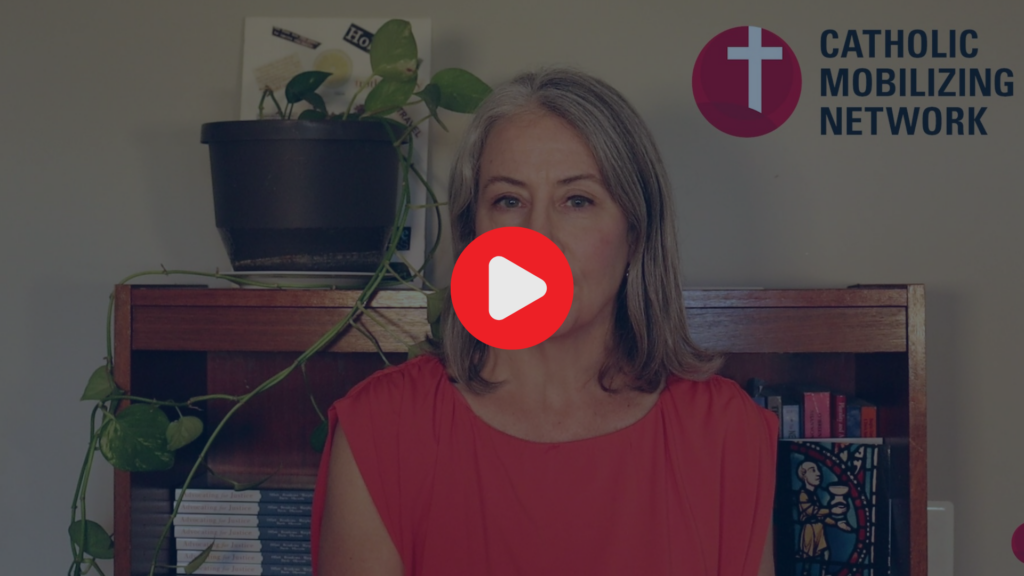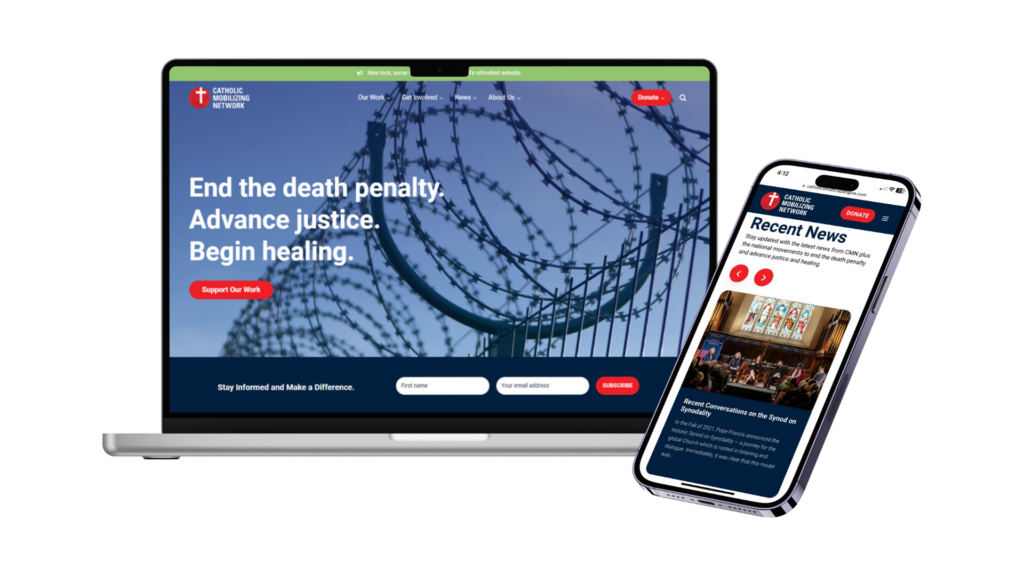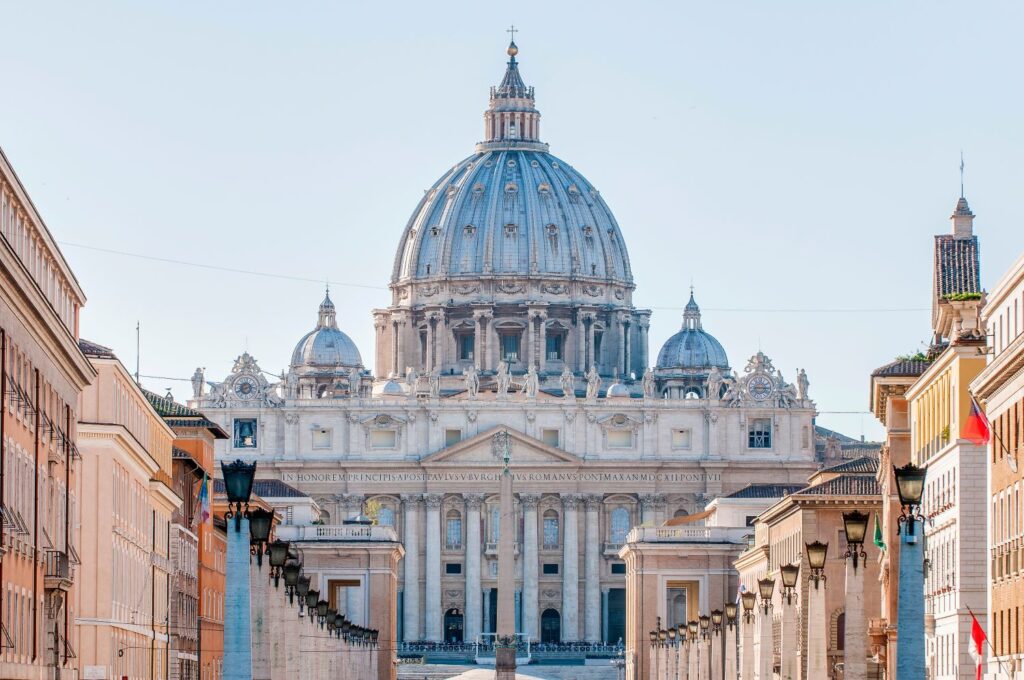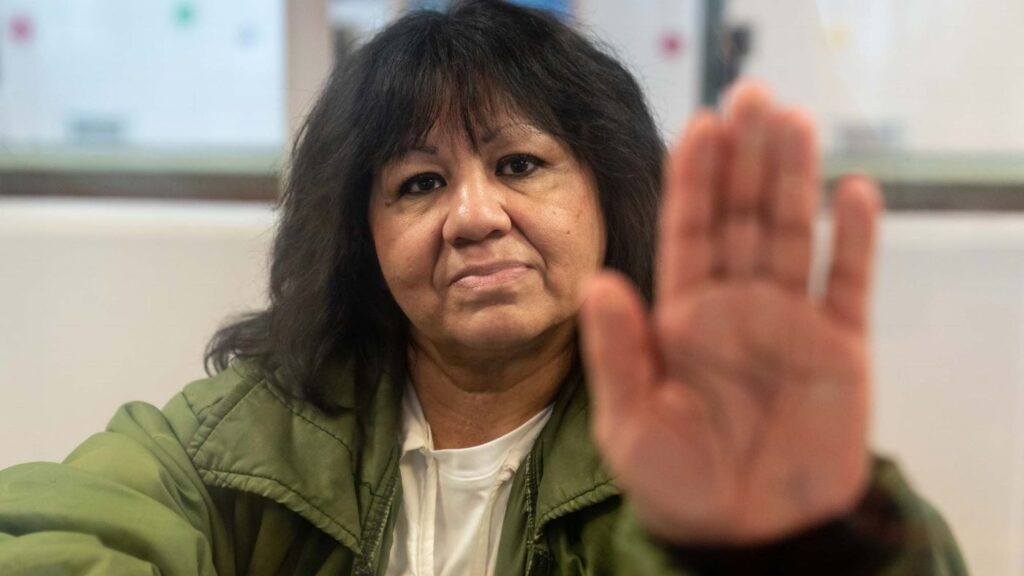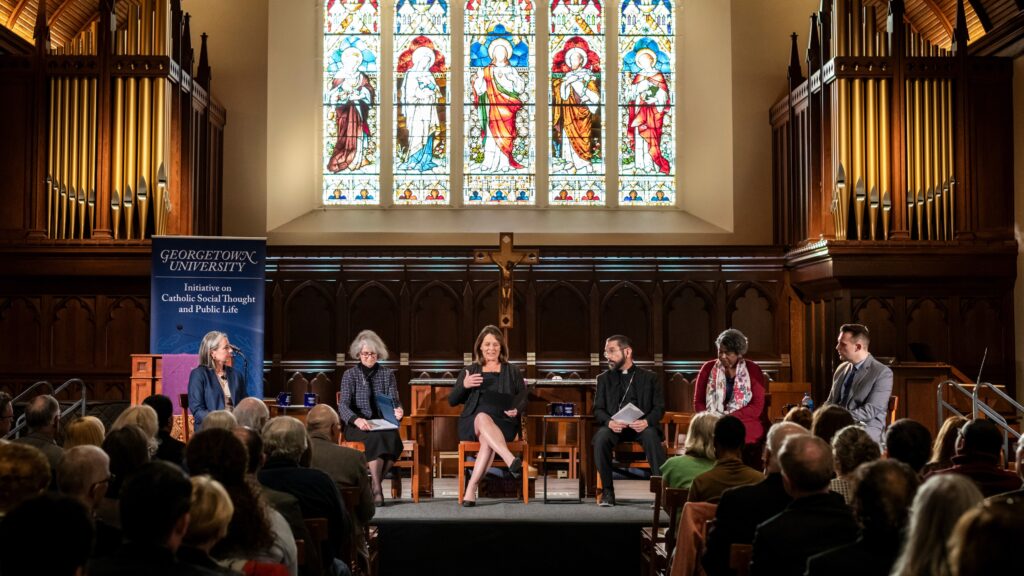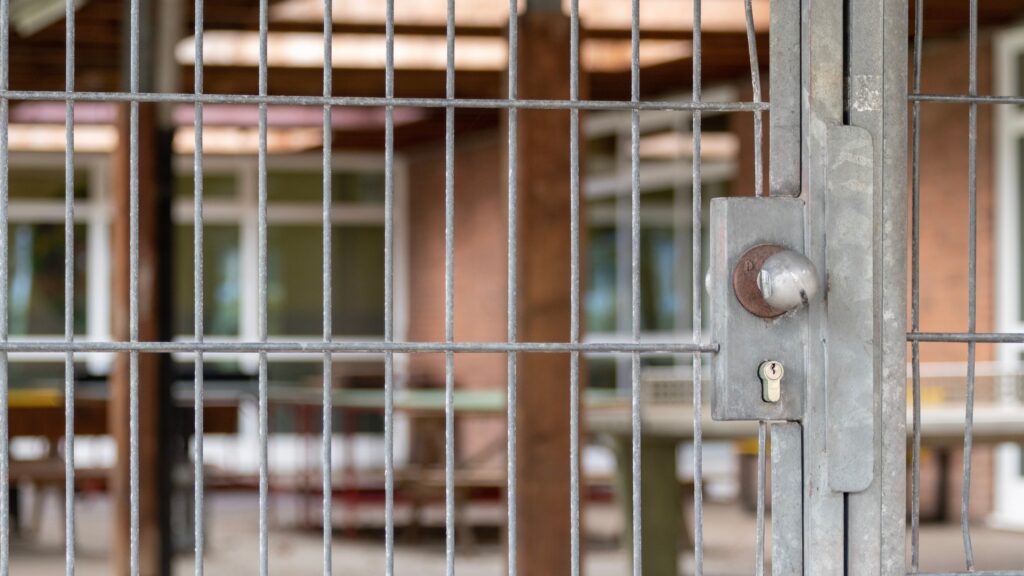Prison is a place of many things. Healing isn’t one of them.
Billy is in prison for the second time. He jokes he came back for the food.
His eyes welled up with tears as he shared, “In 1989 my second son died in his crib of sudden infant death syndrome. He was eight months old.”
Billy told how he retreated to a protective shell of cocaine and alcohol and started on a path that led him to prison and cost him his relationship with his wife and kids. It was in prison where he first found the Lord. He was released after two years and Billy said all his prayers were answered in his first 30 days after release. He found a good job, located good housing, and got his family back in his life.
Billy, in his words, said, “I didn’t need God anymore.” He readily concedes he “failed miserably” upon his first release. His testimony reflects a rare display of self-awareness and acceptance of personal responsibility: “Jesus knew I needed more work.”
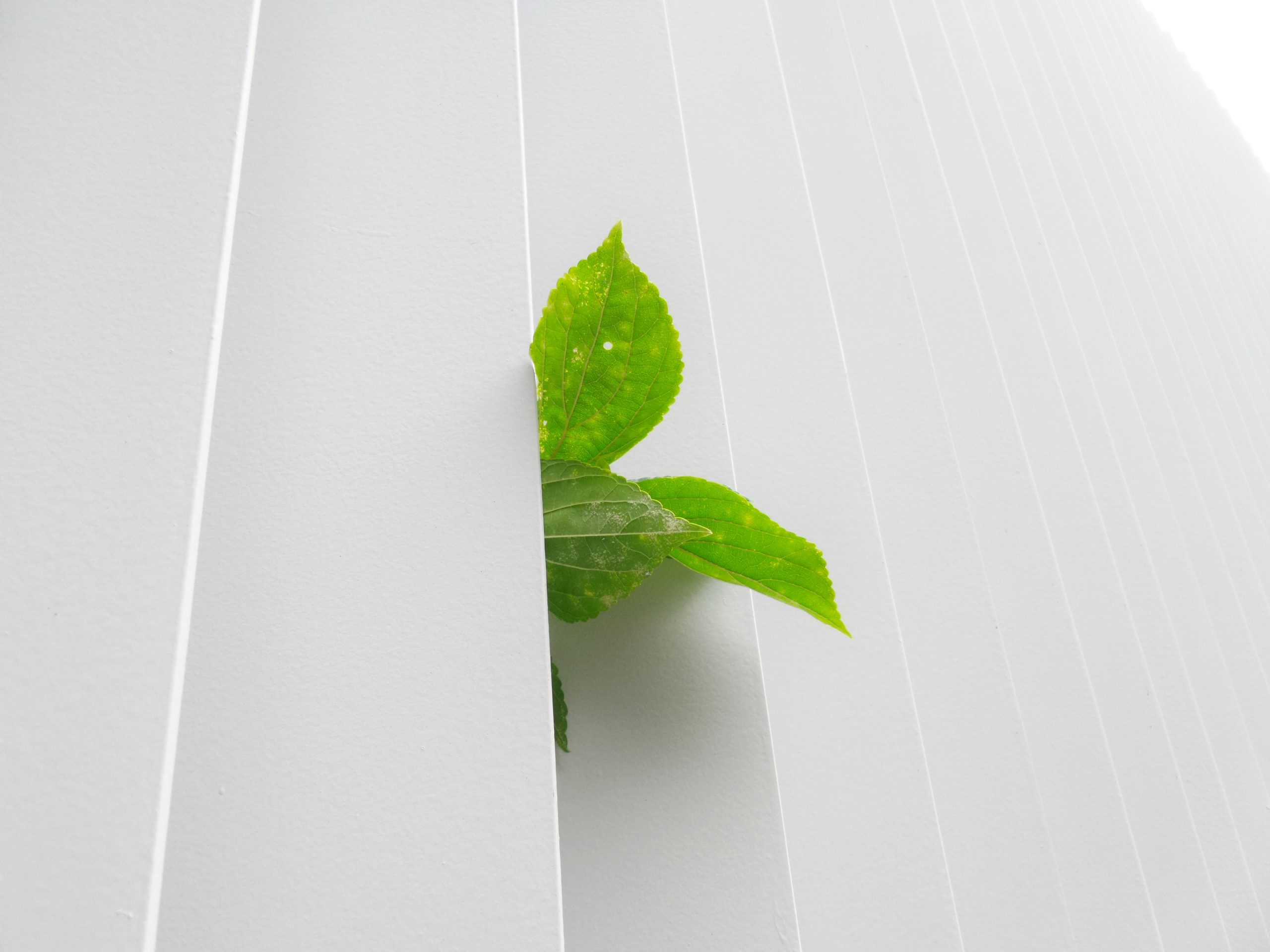
While Billy describes himself as needing more work, I would suggest that Billy is in need of healing.
Father Greg Boyle, known for his work with gangs in Los Angeles, made the observation that upon re-entry, employed gang members may or may not go back to prison. Educated gang members may or may not go back to prison. Healed gang members will not go back to prison.
Everyday inmates receive hundreds of micro-messages that they are disposable and worthless: head counts, pat downs, food that we would never serve at a soup kitchen. They live in an environment that seeks to constantly keep them off balance. Men who struggle with anger and authority figures live under an authoritarian ecosystem driven by cruelty and indifference.
Prison is a place of many things. A place of healing it is not.
The pandemic opened our eyes to the social epidemic of isolation and loneliness. We have seen and felt the pain of separation. We long to bring healing hugs and affection to our loved ones. Those in prison are no different.
If you write to someone in prison, you are part of an important healing ministry. In fact, writing the lonely may be the ultimate social distance ministry.
Every letter is confirmation they are not forgotten; proof that someone cares. Many inmates will not write back to you — keep writing anyway. Last year, one volunteer received his first reply from his pal approximately a year and a half after the volunteer began writing.
Don’t let the lack of a reply fool you into thinking your letters are without effect. Kindness is never wasted.

